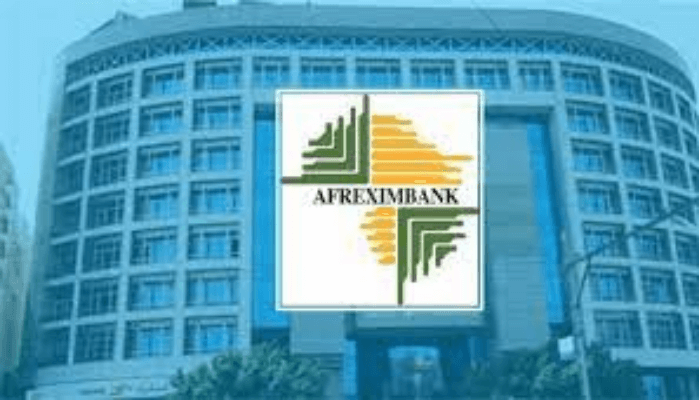Copper shortage risks slowing global energy and technology shift-UN warns
FG Appoints Afreximbank as Intermediary for Naira-Based Crude Sales to Boost Local Refining

The Federal Government has appointed the African Export-Import Bank (Afreximbank) to act as a financial intermediary for the recent naira-based policy for crude and refined petroleum sales introduced by President Bola Tinubu.
Finance Minister and Economy Coordinator Wale Edun shared this development with reporters following a meeting with President Tinubu. Edun explained that Afreximbank, represented at the meeting, will play a crucial role in bridging transactions between crude oil buyers and sellers, ensuring stability amid the volatility of the foreign exchange market.
Edun said the meeting reviewed the rollout of the initiative, which had been previously approved by the Federal Executive Council. The policy involves selling crude to local refineries that will, in turn, supply petrol to the Nigerian market in naira.
He credited this shift to the bold investment by the Dangote Group in a local refinery with a capacity to process 650,000 barrels daily. Edun also noted that the implementation committee and relevant stakeholders, including regulatory bodies like the NNDPRA, NUPRC, and NNPC, are actively working to ensure this initiative is successfully executed.
He explained that the policy allows for market-driven pricing of petroleum products and foreign exchange, positioning the economy for industrial growth.
With private sector investment in local refining, Nigeria now has a supply of raw materials not only for agriculture but for industries producing chemicals, paint, building materials, and textiles. This aligns with President Tinubu’s strategy of fostering a business-friendly environment where private investments can create jobs and stimulate economic growth.
Market-driven pricing of petroleum products also benefits the NNPC, enabling it to strengthen its financial standing. This approach boosts government revenues across federal, state, and local levels, providing funds for essential services like worker salaries, social programmes, and infrastructure development.
According to Edun, “the economy is set on a promising path, though still in its early stages. We’re now moving towards industrial growth and modernisation, as pricing policies encourage private sector investment.”
He emphasised the government’s commitment to the initiative, acknowledging some early challenges but assuring that any obstacles in selling crude in naira to local refiners and the domestic naira sales of petrol products would be resolved.
Aliko Dangote, President of the Dangote Group, added that the president had directed retail outlets, including NNPC and other marketers, to purchase products from the refinery, with Afreximbank facilitating transactions.
Dangote expressed optimism about the policy’s impact, suggesting it could revitalise industries in plastics, cooking gas, and even aviation. He confirmed that his refinery currently processes about 420,000 barrels daily, with sufficient supply to meet local demand.
“When NNPC refineries resume operations, Nigeria could become one of the largest petroleum product exporters in history,” Dangote said. He concluded by noting the president’s strong support for domestic industries, which would ensure local refineries thrive in a mutually beneficial environment.






